If we were to say one thing you could do right now to improve your health, we’d probably say, “Drink more water!” Adequate hydration is ESSENTIAL for overall health and we always recommend drinking at least half of your body weight (in pounds) in ounces of water daily. But that’s not the end of the story and that’s what we want to dive into today!
Maybe you’ve already thought about the quality of your water. Maybe you haven’t. Are you 100% sure you’re drinking clean water? How do you know? Have you tested it? Are you drinking water straight from the tap? How about the filter from your fridge? Bottom line here is that you have to make sure you’re drinking clean water.
Let’s take a closer look.
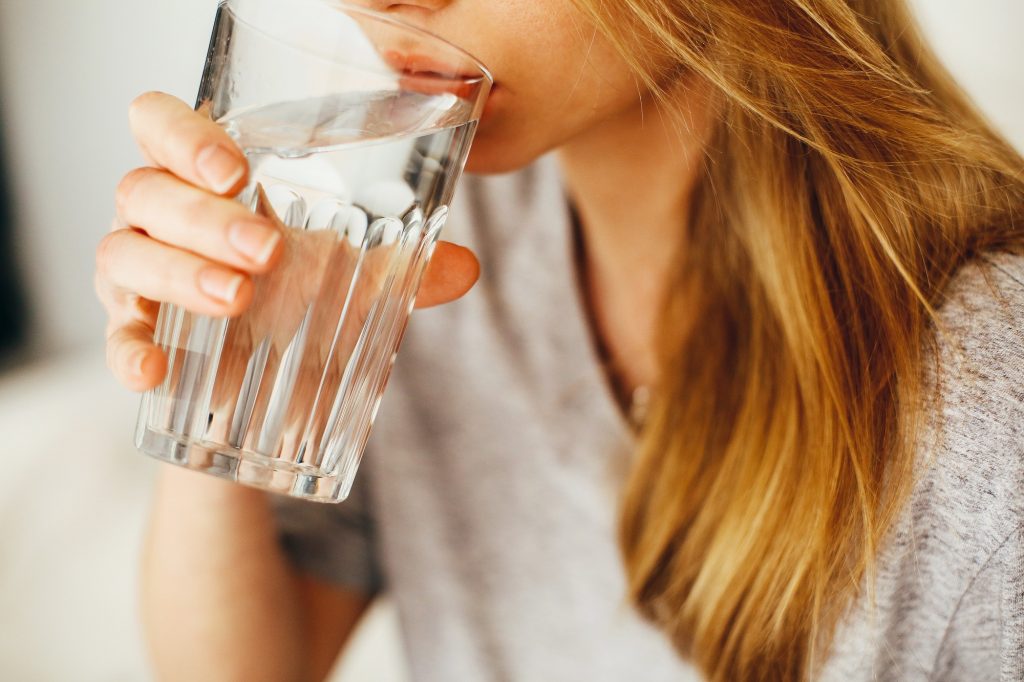
Water quality is one of the biggest health (and environmental) issues of our time. There are plenty of people, like those who live in Flint, MI, who don’t currently have access to potable tap water, and many more cities have tap water that is contaminated with pharmaceuticals, chemicals, heavy metals, bacteria, viruses, and more.
In older homes, towns and cities, old lead pipes can contaminate tap water. Herbicides, pesticides from agricultural activity and industrial chemicals from plants or factories can end up in nearby tap water sources, leading to serious health concerns over time. Even in natural aquifers, the water can become contaminated with naturally-occurring chemicals like flouride, arsenic or radium.
The EPA sets minimum standards for water quality, but reports show their database is outdated and they haven’t updated rules for new contaminates since the year 2000 (that’s almost 20 years of new chemicals that could end up in your drinking water that aren’t being regulated!).
So the question arises – how do you make sure your tap and drinking water is safe?
Buying and drinking only bottled water is not the answer. All that plastic is not only bad for the environment, it’s bad for you – chemicals from plastics leach into the water even if it’s BPA free.
One option is to buy natural spring water from a source that has been thoroughly tested for quality and free of contaminants. Spring water is usually richer in minerals than treated water, making it a great health option. If you’re in Colorado, Eldorado provides spring water as a subscription based service, we’ve both used their water and love the quality. They also offer their water in glass bottles instead of plastic. If you’re not in Colorado, look for a well-regarded spring water service in your area that offers water in glass bottles and you should be good to go.
Besides pure, natural spring water, the best thing you can do to ensure your water is safe to drink is to filter your tap water at home. There are a variety of filters available out there, so we’ll break down what we use and trust. We love the under the sink reverse osmosis water filter from Aquasana. Reverse osmosis is one of the best methods for removing a wide variety of pollutants from your drinking water, however, this process also removes essential minerals, so it’s best to look for one that returns minerals to the water once the filtration sequence is complete.
Another great option is a countertop gravity filter, as these can be more affordable (depending on the size) and more renter-friendly than a permanent system. Our all-time favorites are the Berkey water filters since they come in a good range of sizes, filter out a wide variety of contaminants without stripping essential minerals, and most models are made from stainless steel, which reduces exposure to toxins from plastics.
Another place people don’t always think to filter water is the bath and shower. Contaminants can be just as easily absorbed through the skin or inhaled when suspended in steam from a hot shower. We highly recommend filtering your shower water through a filter attachment (Aquasana has several good options). If you’re a bath lover, like Jo, you can use the Rainshow’r Bath-3000 crystal dechlorinating ball to soak away stress with peace of mind. Jo uses it regularly and loves how effective, affordable, and long-lasting it is.
Do you have any questions about filtering your water at home, or have a home filter you’d like us to look into? Let us know in the comments below.
With love and clean water,
The Conscious Cleanse Team
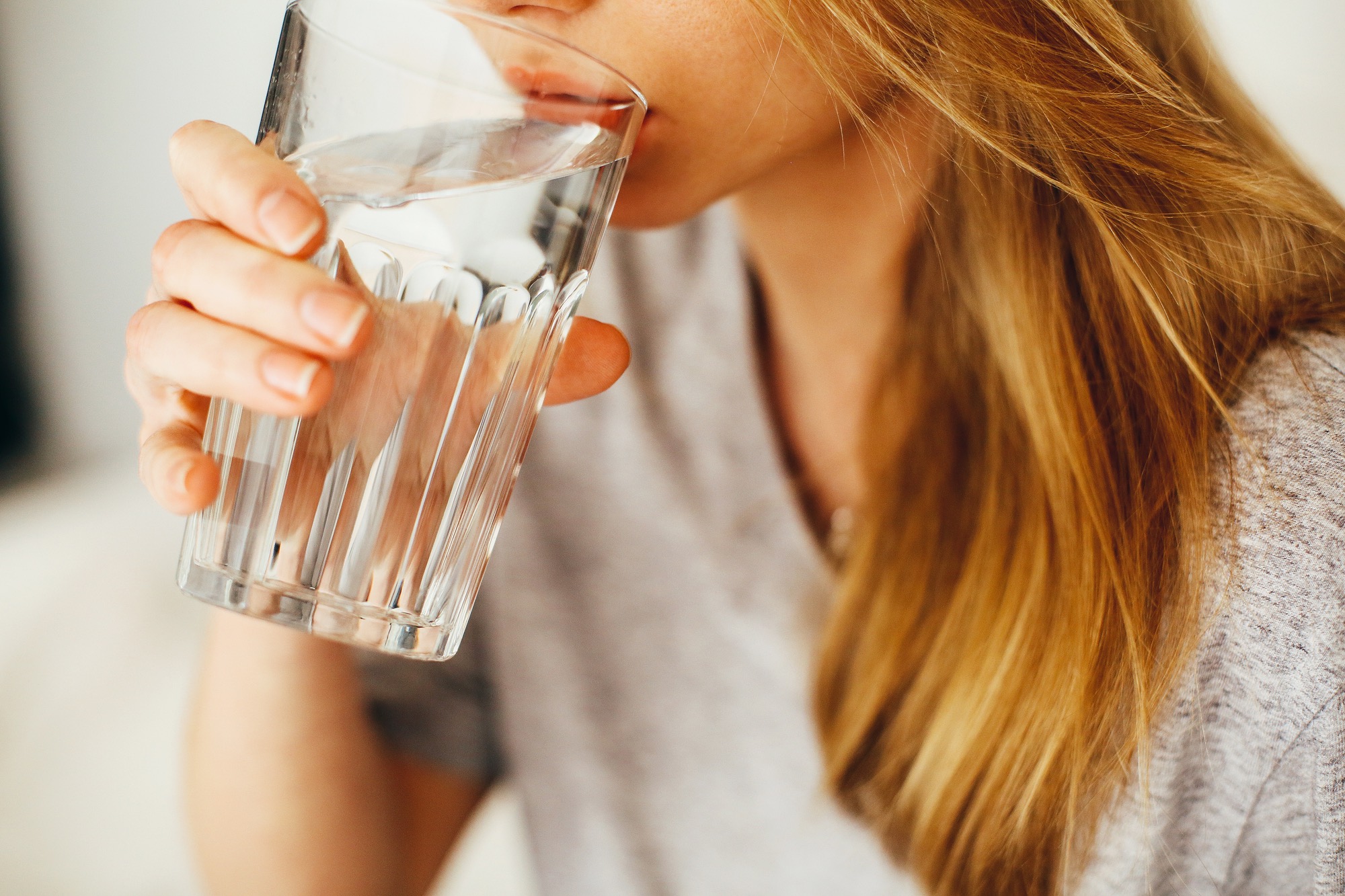
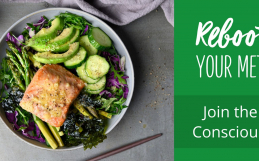
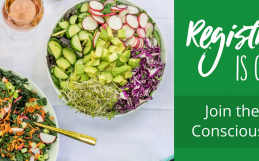
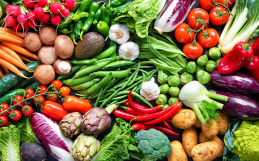


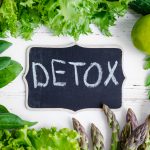
Do you have a recommendation for what size berkey system is best? I was looking at buying this big berkey with the view finder spigot… https://www.bigberkeywaterfilters.com/big-berkey-water-filter.html
But, someone told me to get a bigger system. There’s only my husband, myself and my 4 yr old daughter.
Thanks in advance.
Hi Trish, Great question! It really depends on how much water do you use a day. Remember you’ll want fresh filtered water when you’re cooking as well. With smaller systems, one pot of water to steam veggies or make a soup, could wipe out the contents and you’ll need to wait for it to fill and filter again. If you’re currently not making bigger meals, then a smaller one could work. We recommend reaching out Berkey and sharing with them how much water you typically use and then ask them what size they believe you’ll need. We hope that helps! Please continue to reach out with any other questions! XO, J&J